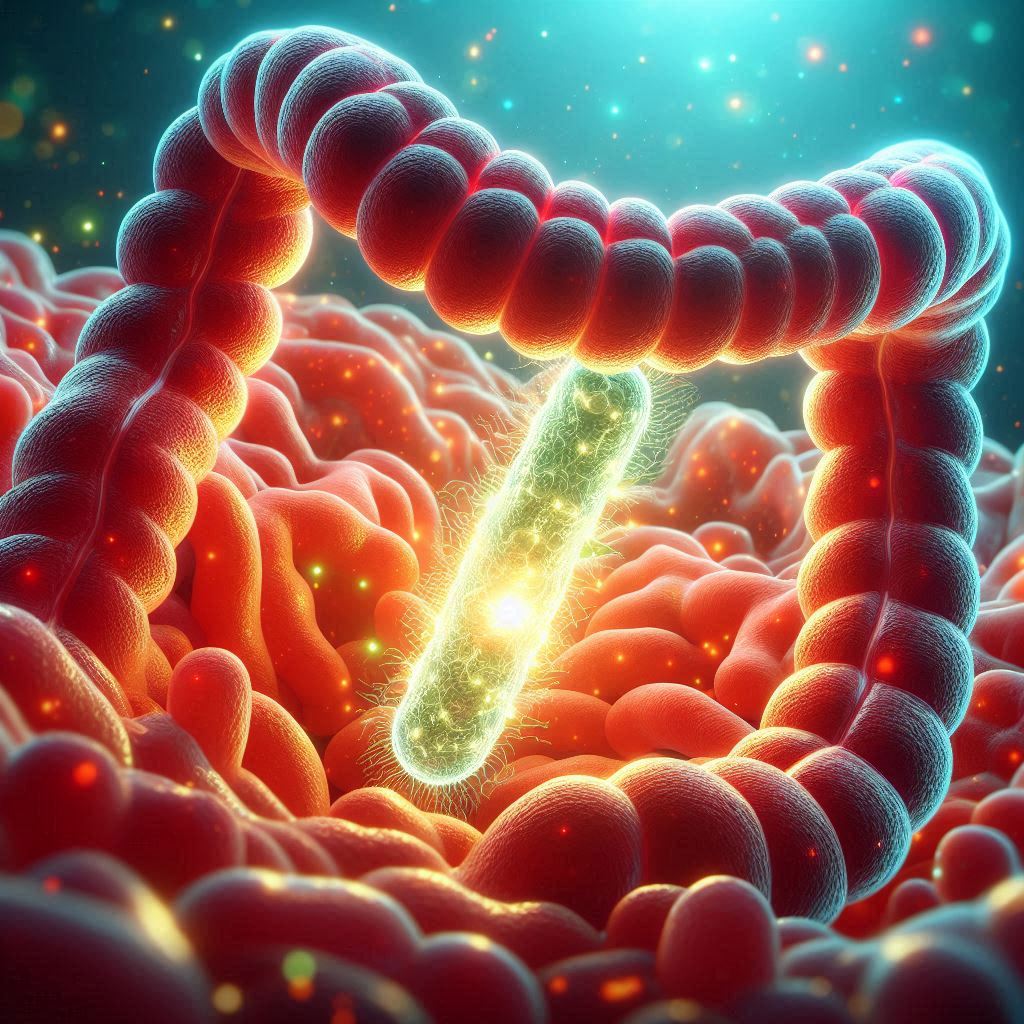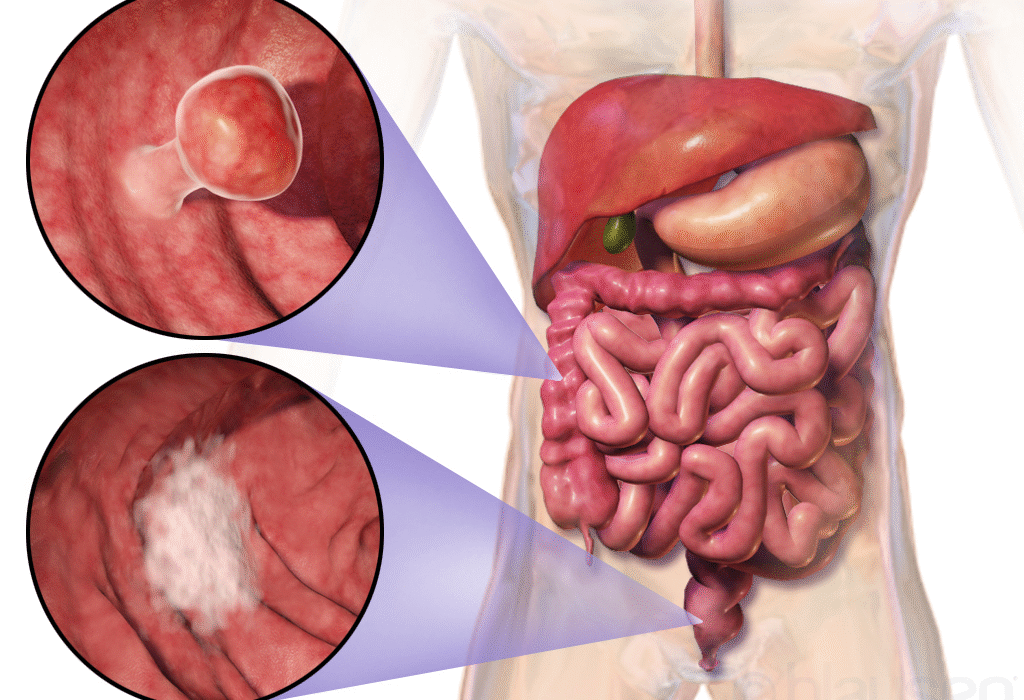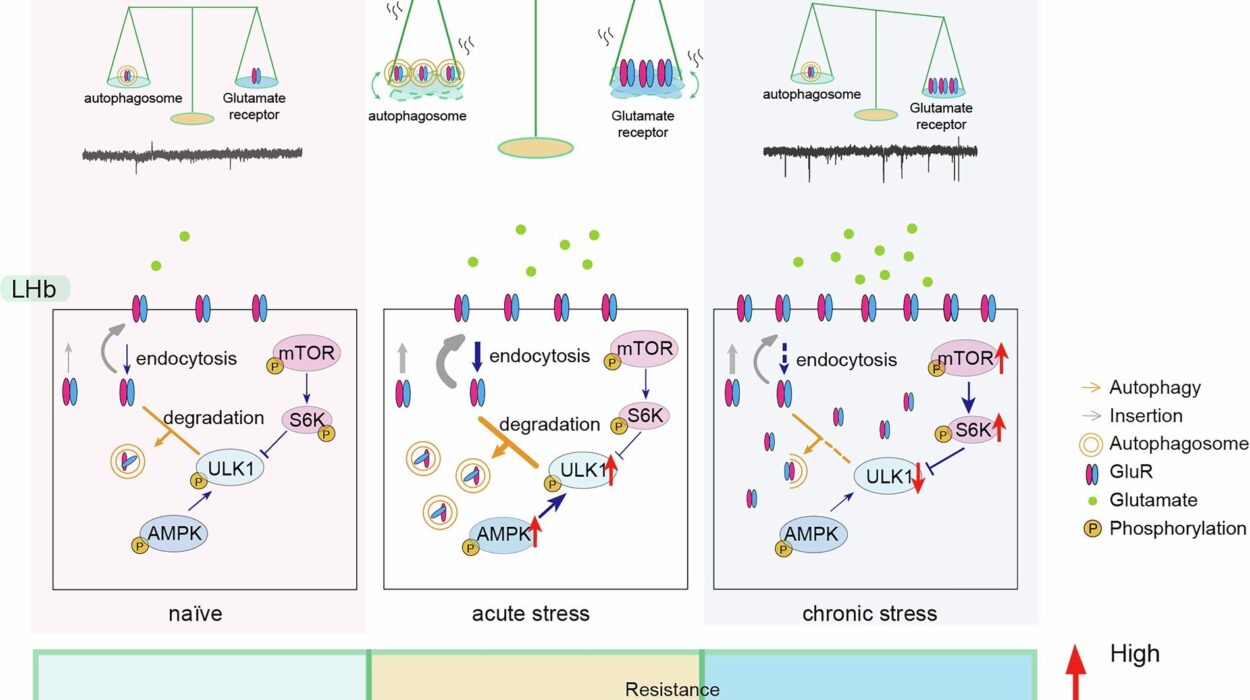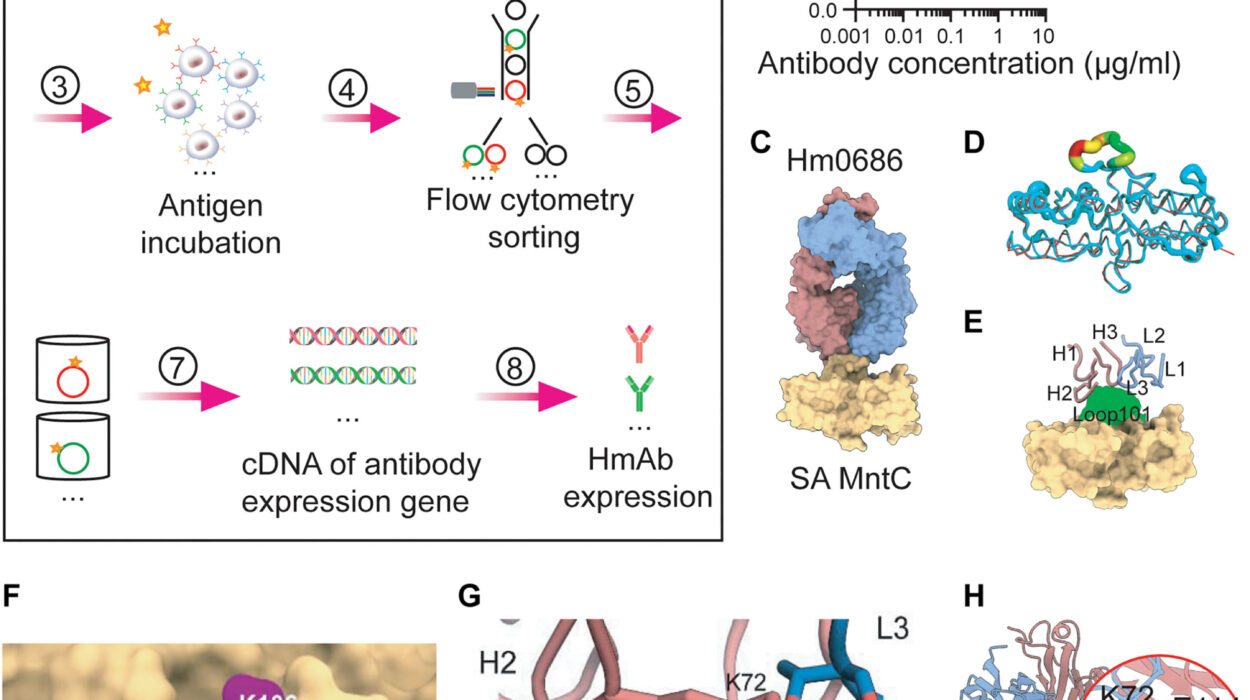For as long as people have struggled with weight, the world has offered an endless parade of solutions. Diet trends collapse and rise again, gyms fill every January, and advice shifts like sand in the wind. Yet in a quiet laboratory in Salt Lake City, researchers have been following a different kind of lead—one that doesn’t come in the form of a workout routine or a meal plan, but a microbe so small it exists far beyond the reach of the naked eye.
Its name is Turicibacter, and according to new research, this humble gut bacterium may hold a surprising power: the ability to protect the body from obesity.
Where the Mystery Begins
Obesity is one of the greatest health challenges of our time, affecting roughly one in eight people worldwide. Its complications ripple throughout the body, raising the risk of type 2 diabetes, heart disease, and other chronic illnesses. Scientists have long suspected that the trillions of microbes living inside our digestive system influence how we process food, store fat, and regulate energy. But identifying which microbes matter—and how—has been a puzzle that resisted clear answers.
That is, until a team led by Kendra Klag at the University of Utah School of Medicine decided to look more closely at Turicibacter, a microbe that had hovered on the edge of suspicion for years. Their new paper in Cell Metabolism doesn’t just confirm its role. It opens a window into how this tiny creature tips the scale toward metabolic health.
A Bold Experiment in the Making
The first step was isolation. The team separated Turicibacter from the sea of other microbes normally living in the gut. With a pure batch in hand, they turned to mice—some raised entirely without gut bacteria, others standard lab mice—and fed them either a regular diet or a high-fat one. Some mice received Turicibacter as a supplement. Others did not.
As the weeks passed, the scientists monitored their subjects carefully, tracking body fat, blood sugar, and the fat molecules circulating in their bloodstreams. What they discovered was striking: mice given Turicibacter were shielded from the effects of a high-fat diet. They gained less weight, had healthier blood sugar levels, and avoided the dangerous rise in blood fats that typically accompanies obesity.
In other words, the bacterium worked even when the diet stacked the odds against them.
Following the Clues Inside the Gut
But protecting the mice was only the beginning. The bigger question loomed: How was Turicibacter doing it?
To find out, the researchers studied samples of the mice’s gut contents and blood. What they discovered was a kind of molecular fingerprint—a set of lipids, or fat molecules, that did not come from the mice at all, but from the bacteria themselves.
This was the breakthrough. Turicibacter wasn’t simply living in the gut; it was actively producing its own lipids, and those lipids were rewriting the animals’ metabolic fate.
To test their suspicion, the team purified the bacterial lipids and gave them directly to the mice, without any Turicibacter present. The result mirrored the original experiment. The mice stayed lean and metabolically healthy even on a high-fat diet. The bacterial fats alone were enough to block obesity.
That led the researchers to the next link in the chain: ceramides. These molecules accumulate in the body when someone consumes a high-fat diet, contributing to metabolic dysfunction. The lipids from Turicibacter appeared to suppress ceramide production, preventing the harmful buildup before it could throw the system off balance.
In their paper, the scientists summed up the discovery with a sentence that points toward a whole new way of thinking about human health: “Our data identify a novel bacterial-host lipid network that promotes host metabolic health and holds therapeutic promise.”
From Mice to Humans, A Door Cracks Open
Although the research focused on mice, the implications reach further. The scientists also found that low levels of Turicibacter in humans are linked with obesity. It’s a correlation, not yet a cause, but it raises an intriguing question: could restoring this microbe—or its protective lipids—help people fight obesity without the need for extreme diets or invasive treatments?
The idea is not a distant fantasy. Probiotic treatments already exist for other conditions, and the notion of a microbe-designed therapy for weight management feels almost inevitable in an age where the gut microbiome is one of the hottest frontiers in science.
Still, the research is young. Much work lies ahead before Turicibacter or its bioactive lipids could become part of human treatment. But the path is clearer now than it has ever been.
Why This Discovery Matters
The wonder of this research isn’t simply that a gut bacterium helped mice stay lean. It’s the deeper message woven into the discovery: hidden inside our microbiomes may be metabolic allies we never realized we had.
In a world overwhelmed by conflicting diet advice, rising obesity rates, and the emotional toll of weight-related illnesses, Turicibacter offers something different. It suggests that metabolic health may depend on more than willpower, lifestyle, or genetics. It may also depend on the microscopic partners we carry within us.
If future research confirms Turicibacter’s role in humans, the implications could be profound. Instead of punishing diets, people might one day receive microbiome-based therapies that gently guide the body toward healthier fat processing. Instead of fighting the body’s biology, treatments could collaborate with it.
For now, Turicibacter remains a small bacterium with a big potential. But its story reminds us that even the tiniest inhabitants of our gut can shape our lives in ways we are only beginning to understand.
More information: Kendra Klag et al, Dietary fat disrupts a commensal-host lipid network that promotes metabolic health, Cell Metabolism (2025). DOI: 10.1016/j.cmet.2025.10.007






